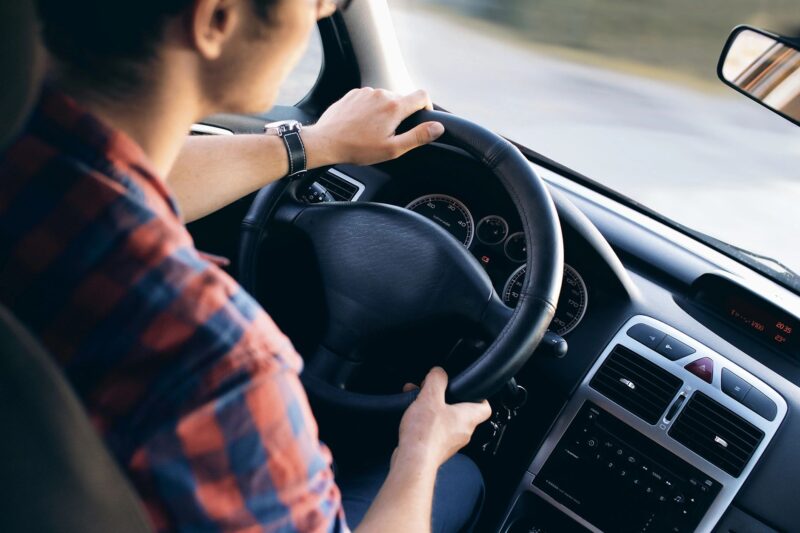Most automobile accidents are 100% preventable. Accidents happen for various reasons, but distracted driving is among the most common. Drivers not focused on the task at hand risk injuries and even fatalities.

Teen drivers have less experience driving and more distractions competing for their attention than adult drivers with more experience behind the wheel. By avoiding distractions, teen motorists can avoid a number of significant accidents.
Tips to Share With Your Teen to Keep Them Focused on Driving Safely
These days, it is easy to be over-stimulated. Teens are even more prone to distractions than other groups. When teens and other distracted drivers realize they may be heading for trouble, they sometimes overcorrect, compounding the problem. The best way to avoid a crash is to stay safely engaged in the act of driving.
Each year, in the United States, 3,000 people lose their lives due to distracted drivers. You do not want yourself or your loved ones to become included in these tragic statistics.
The Most Common Driving Distractions
There are some causes of car accidents that distracted teens seem to run into again and again. Some of these are as follows:
- Friends: Riding with friends makes teen drivers more distracted than usual. Parents should limit their riding with other teens until they have clocked many hours behind the wheel.
- Phones: Driving while texting or talking on the telephone is a common cause of distractions. By looking at their telephone, they can take their eyes off the road, their hands off the wheel, and their minds off what they are supposed to be doing.
- GPS: While a GPS can be very helpful when finding their way around, it can also act as a distraction. Setting the address where they are trying to go before pulling out of their parking space can be helpful in avoiding distractions.
- Food: Eat before driving. If teens are hungry, they should pull over and eat. Eating while driving means taking their attention away from the road, which can create a distraction. Looking away for even a second can jeopardize their safety and the safety of their passengers and other motorists.
- Music: It is unrealistic to think teens are not going to listen to music while driving. However, you should encourage them to keep the volume reasonable and only to change the music when they are in a safe place to do so, not while moving.
- Grooming: Encourage your teenager to pull over if they need to adjust their clothes, style their hair, or apply their makeup.
- Rest: Teens are not familiar with how tiring driving can sometimes be. Make sure your teen knows that if they become drowsy that it is time to take a break from driving. Fatigued drivers are not safe on the road.
Leading by Example
You can tell teenagers what you expect of them when they are behind the wheel. But there is no substitute for modeling for them the behavior you want to see. By driving carefully, abiding by the speed limit, scanning the road for obstacles, and staying off your telephone, you demonstrate good safety habits for your teenager.
It is important to remind your teen what they should do behind the wheel, but it is even more effective to show them. Drive safely, and your children will emulate that behavior.


